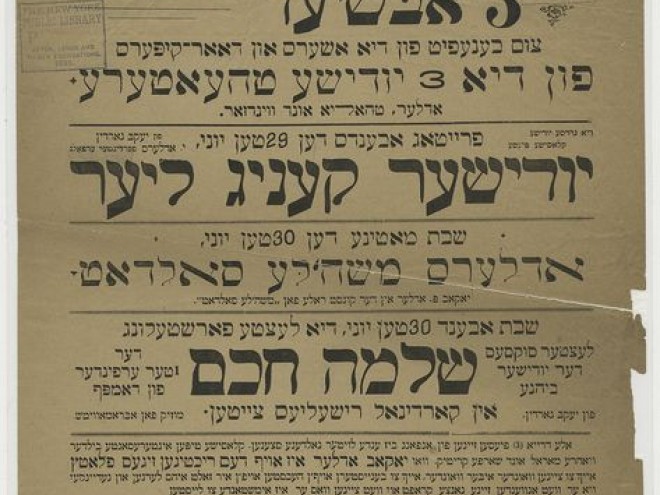For Ilan Stavans, Jewish literature is marked by its “aterritoriality,” a striking term that evokes the “ceaseless migration” of the Jewish people journeying “across time and space,” displaced from one territory to another in search of a potential homeland.
A distinguished critic and translator, Stavans distills almost 600 years of Jewish expression in Jewish Literature: A Very Short History. Stavans begins with the Expulsion of 1492, and moves on to major figures like Kafka (among his cultural heroes), Yiddish storytellers, poets, philosophers, Sephardic and Mizrahi authors, more recent Latin American figures, canonical American writers, literary critics, graphic novels, comics, television, and even Jewish stand-up artists. The result is a lively, if necessarily abridged, overview of the familiar voices and core themes of Jewish literature. For readers seeking to become better acquainted with the shifting landscapes and thematic richness of Jewish writing, its “rowdy, amorphous, even unstable” response to life in various Diasporas, Stavans’s compressed yet authoritative narrative is perhaps the best place to begin.
If Jewish Literature: A Very Short History has an overarching theme, it is Stavans’ belief (building on the historian Yosef Hayim Yerushlami’s canonical Zakhor) that “Jewish literature is a way for Jewish memory to engage with history.” In this respect, Stavans displays an impressive knowledge regarding how Jewish history is sedimented in those works he chooses to highlight. Stavans’s method is “to find connections across borders”; his aim is for readers to appreciate how interconnected, and thematically resonant, the arc of Jewish literature truly is. “I am interested in moveable libraries,” Stavans confesses. In this respect, the hallmark of Jewish writing is its portability: Jewish readers can carry their history from place to place, remaining psychologically “outside” any territory temporarily designated as “home.” As the polyglot critic George Steiner famously observed, for Jews, our homeland is the text, the one stable site in a world marked by flux.
Among Stavans’s achievements in Jewish Literature: A Very Short History is his ability to contextualize the key themes of modern Jewish intellectual history, weaving abstract ideas and modes of literary expression together. As a result, he provides an accessible, yet stimulating, account of important cultural moments in Jewish literary history. For example, in the case of Kafka (whom Stavans calls “the high rabbi of modernity”) the figure of Gregor Samsa in The Metamorphosis “represents the diaspora.” Kafka’s most famous character symbolically embodies “Jewish alienation, the sense of living in the cultural margins,” even if Samsa is never identified as a Jew.
The example of Kafka enables Stavans to deepen one of the core, overarching themes in the Introduction: the tradition of Jewish storytelling, which includes Martin Buber’s Tales of the Hasidism, the canonical Yiddish writers of the late nineteenth century, I.B. Singer, and even the contemporary Israeli writer Etgar Keret.
Perhaps the most fascinating section is the chapter titled “Translation Matters.” For Stavans acts of translation are “central” in Jewish life. In this respect, readers will encounter a range of self-translators, as in the case of I. B. Singer (another of Stavans’s heroes) and even “re-translators” as in the case of the Russian émigré poet Joseph Brodsky. Both, it turns out, were Nobel Prize winners. Jewish literary and cultural history can be characterized by what Stavans terms a “translational drive.” In response, readers are invited to translate Stavans’s personal vision of Jewish literature for themselves.
Stavans’s Jewish Literature: A Very Short History is a remarkable achievement of distillation. In gathering a variety of Jewish literatures across time periods and geographies, Stavans demonstrates what he calls the “decentralization of Jewish culture.” Readers who wish to immerse themselves in the multilingual babel of Jewish literary history will discover both familiar and new voices on display in Stavans’s rich and compelling synthesis.
Donald Weber writes about Jewish American literature and popular culture. He divides his time between Brooklyn and Mohegan Lake, NY.





